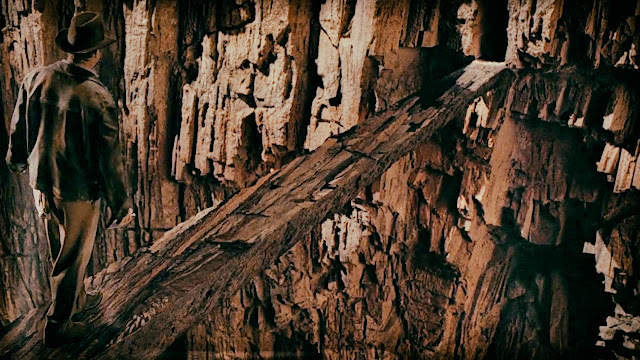Then doth the spring her glorious days disclose—Lucy Hutchinson, Lucretius, and some spring photos
 As regular readers of this blog will know, Lucretius' poem, De Rerum Natura (On the Nature of Things) often makes an appearance. This year I drew on the poem for Mothering Sunday in my piece called "Mother Love All The Way Down—A Mothering Sunday meditation in the context of the refugees trapped on the Greek-Macedonian border" and, back in January, for my piece called A Lucretian piety—“Here, on the edge of what we know, in contact with the ocean of the unknown, shines the mystery and the beauty of the world. And it’s breathtaking.”
As regular readers of this blog will know, Lucretius' poem, De Rerum Natura (On the Nature of Things) often makes an appearance. This year I drew on the poem for Mothering Sunday in my piece called "Mother Love All The Way Down—A Mothering Sunday meditation in the context of the refugees trapped on the Greek-Macedonian border" and, back in January, for my piece called A Lucretian piety—“Here, on the edge of what we know, in contact with the ocean of the unknown, shines the mystery and the beauty of the world. And it’s breathtaking.”Well, today I took my regular walk around the Cambridge University Botanic Gardens to see how the blossom was coming on and, naturally, this brought the proem of Book One gently back to mind as I took the photos that appear in this post. I had lunch there and then made my way back through town passing by the famous Cambridge antiquarian bookshop, David's, along the way. To my utter delight I stumbled across a translation of Lucretius' poem that I have long hoped to find at a price I could afford—that by Lucy Hutchinson. Wonderful, what a stroke of luck. I reproduce below her version of the proem as a fitting accompaniment to the photos.
Lucy Hutchinson (1620–1681) was the first person to translate the complete text of Lucretius into English and it remained unpublished until 1996 when Duckworth published an edition edited by Hugh de Quehen, the edition I found today.
Faire Venus mother of Æneas race
Delight of gods and men thou that doest grace
The stare firmament, the sea, the earth
To whom all living creatures owe their birth
By thee conceivd, and brought forth to the day,
When thou (O Goddesse) comest storms lie away
And heaven is no more obscur’d with showers.
For thee the fragrant earth spreads various flowers
The calmed ocean smiles, and att thy sight
The serene skin shines with augmented light.
Then doth the spring her glorious days disclose
And the release, life-giving westwind blows.
They power possessing first birds of the are
They thy approach with amorous noates declare,
Next when desires the savage heard incite
They swim through streames, and their fat pastures slight
To follow thee, who in seas, rivers, hills
In the birds leavie bowers, and in greene fields
Instilling wanton love into each mind,
Mak’st creatures strive to propagate their kind.
Since all things thus are brought to light by thee,
By whom alone their natures governd bee,
From whom both loveliness and pleasure springs,
Assist me while the nature of these things
I sing to Memmius whom thou (Goddesse) hast
With all excelling gifts and vertues grac’t;
Wherefore sweete language in my thoughts infuse
And let not warrs harsh sounds disturb my muse;
Make sea and land a quiet came possesse
For only thou with peace canst mortalls blesse,
Since Mars, the mighty God that rules in armes,
Lies in thy lap, bound with loves powerfull charmes,
And resting there his head in full delight,
On thy rich beautie feeds his greedie sight;
Hanging with amorous kisses on thy face,
Whilst thou (O Goddesse) doest this God embrace,
While he doth in thy sacred lap remaine,
Sweet peace for Rome by gentle prayers obteine,
For neither can we with a quiet mind
In time of warre, persue the worke design’d,
Nor can brave Memmius, full of pious cares
For publique good, neglect those great affaires.










Comments